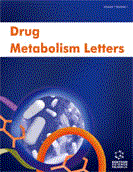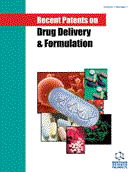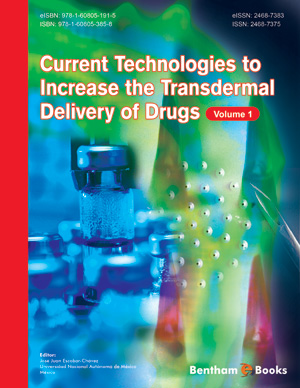Abstract
Localized controlled drug delivery systems (LCDDS) that can control drug
release profiles to ensure high therapeutic efficacy and reduced side effects are highly
desired in the pharmaceutical and biomedical fields. Biodegradable drug delivery
depots have been investigated over the last several decades as the means to improve
tumor targeting and severe systemic morbidities associated with intravenous
chemotherapy treatments. These localized therapies exist in a variety of factors
designed to facilitate the controlled drug delivery, directly to the disease site, sparing
off-target tissue toxicities. Many of these depots are biodegradable and designed to
maintain therapeutic concentrations of drugs at the tumor site for a prolonged period of
time. The depots are placed inside the body through a single implantation procedure,
sometimes simultaneously with the tumor excision surgery, following the complete
release of the loaded active agent. Even though localized depot delivery systems have
been widely investigated, only a small subset have demonstrated curative preclinical
results for cancer applications, from which just a few have reached commercialization.
Keywords: Biomedical field, Drug delivery system, Localized controlled drug delivery, Pharmaceutical application.
















